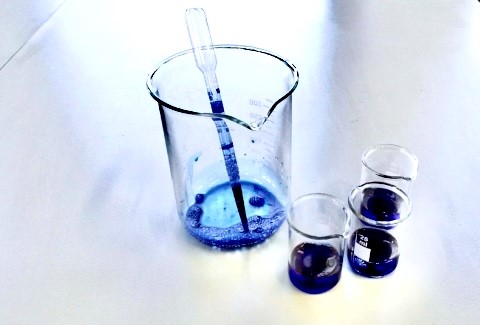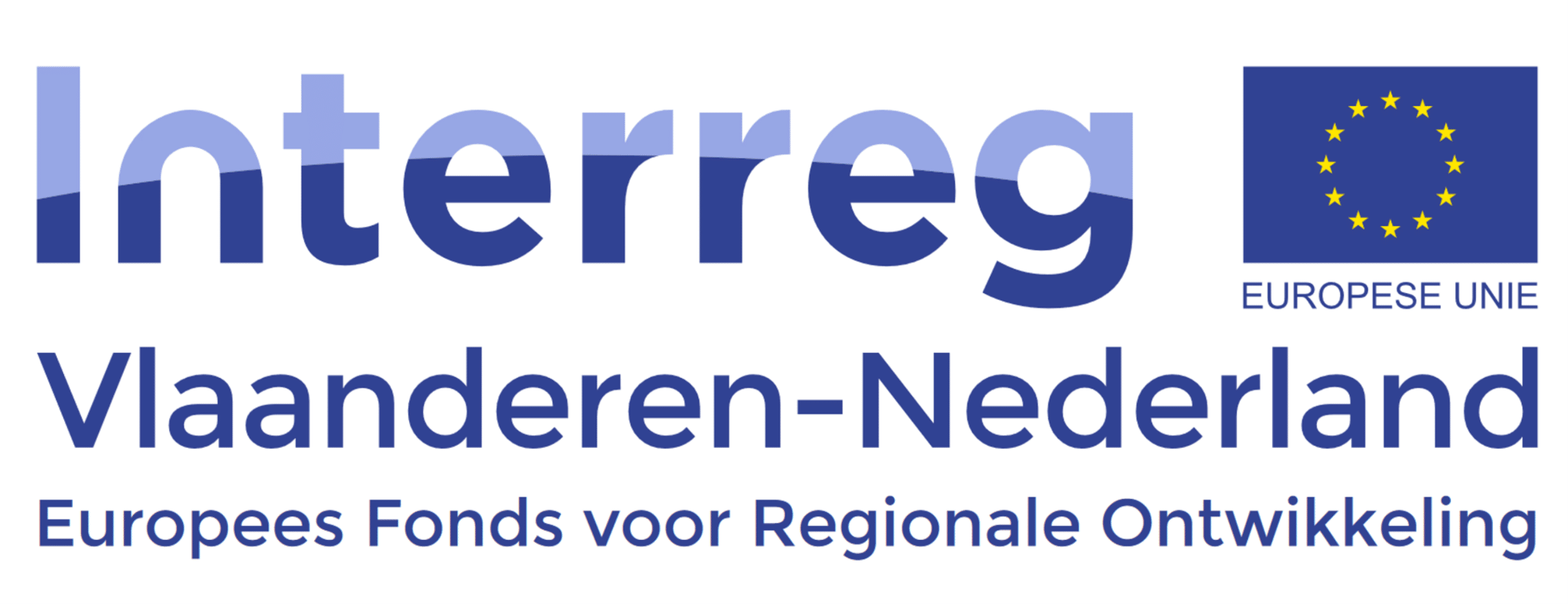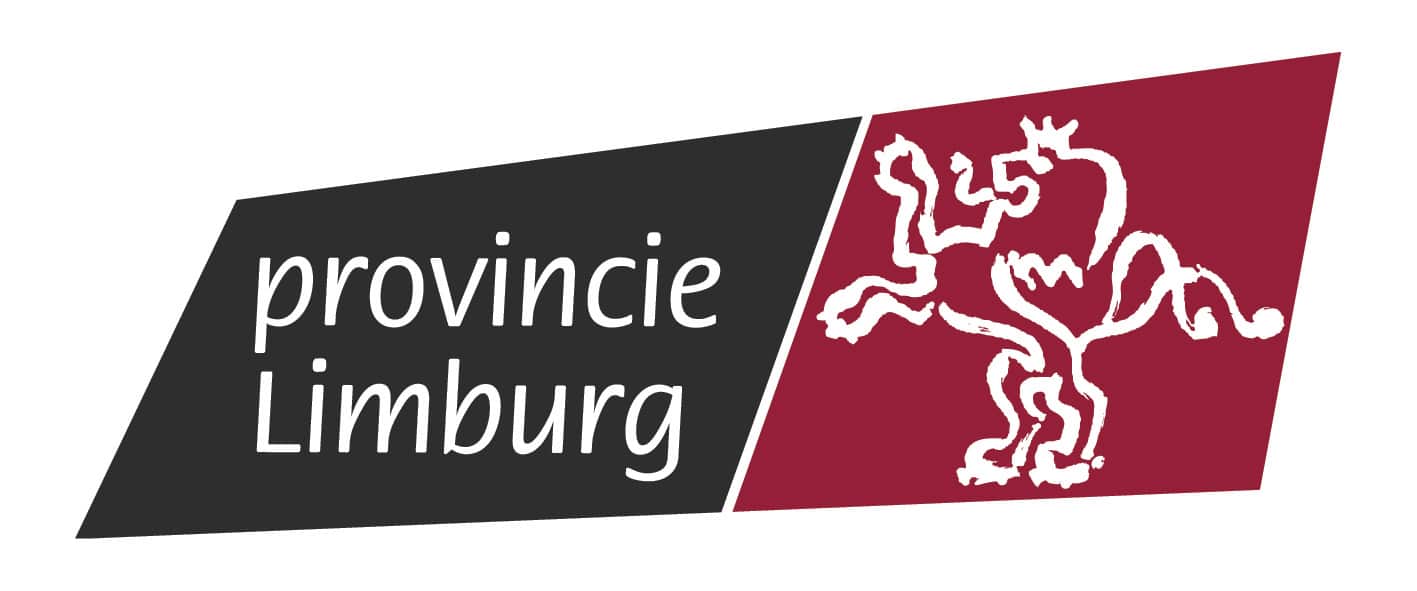Interreg V Flanders-Netherlands project - "The Blue Chain"

The horticulture sector is going through challenging times as a result of rising costs and increasing global competition. In response, both Flanders and the Netherlands have launched policy initiatives to support horticulture and realise the necessary transition and associated modernisation.
As part of this, the parties involved are looking for ways to enhance the existing offer, such as through the commercial cultivation of microalgae, which can be used in a range of applications in the food and textile industry, the construction sector, pharmaceutics and cosmetics.
Projects realised with financial support from


Project description:
The horticulture sector is going through challenging times as a result of rising costs and increasing global competition. In response, both Flanders and the Netherlands have launched policy initiatives to support horticulture and realise the necessary transition and associated modernisation. As part of this, the parties involved are looking for ways to enhance the existing offer, such as through the commercial cultivation of microalgae, which can be used in a range of applications in the food and textile industry, the construction sector, pharmaceutics and cosmetics.
Within the range of bio-based microalgae, spirulina offers the greatest potential, as it contains a major source of phycocyanin (a blue pigment). Phycocyanin has proved to be a worthy alternative to the artificial variant, Brilliant Blue (E133), which has been linked to hyperactivity and other health risks.
At the moment, most microalgae are imported from Asia or the United States. Consequently, any planned cultivation projects in Flanders and the Netherlands need to be able to set themselves apart by offering high quality. The logistical process from cultivation to processing must also be economically attractive to generate sufficient demand for microalgae. Greenhouses are the ideal location to grow these algae, and the region boasts plenty of people with the necessary technical knowledge — following some additional training — to realise local cultivation in a high-quality and effective manner. One notable extra of the project is the cultivation of the aquatic plant duckweed on the wastewater, which acts as an excellent purifier.
“The Blue Chain” is the first step in creating a new, large-scale sector. If cultivation proves profitable, there’s space for dozens of hectares of microalgae production in greenhouses or at container farms, turning the Flemish-Dutch border region into a valuable player on a global scale.
Coördinator:
- PCG (East Flanders Provincial Research Centre for Vegetable Cultivation)
Project partners:
- Inagro (Innovative and Sustainable Agricultural Enterprise)
- POM Oost-Vlaanderen (East Flanders Provincial Development Agency)
- Centexbel
- Millvision B.V.
- BOM Business Development & Foreign Investments B.V.
- KU Leuven
- Avans Foundation
- Agropolis
- Ghent University
The “The Blue Chain” project is financed as part of the Interreg V Flanders-Netherlands programme, a cross-border cooperation initiative, with financial support from the European Regional Development Fund. More info: www.grensregio.eu
More info

